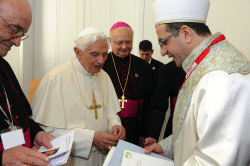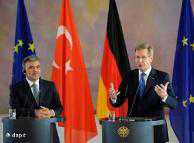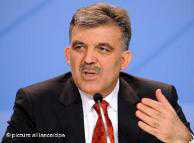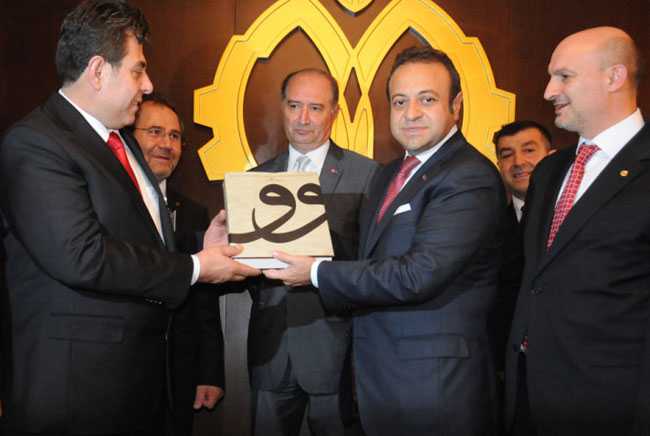Reaction shows Turkey not seriously interested in membership, Brok says
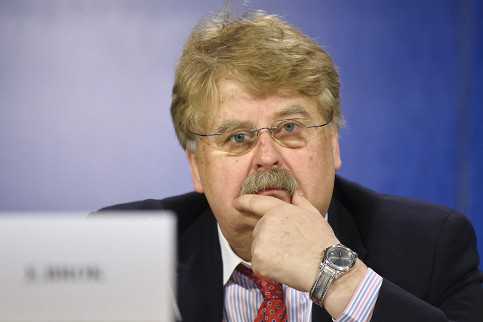
Ankara’s response to Nicosia’s natural gas and oil exploration off the Mediterranean island’s southern coast shows Turkey is not seriously interested in becoming a European Union member, a German center-right MEP, said on Thursday.
In an interview with Deutsche Welle, Elmar Brok, who is foreign policy spokesman of the Christian Democrats in the European Parliament, condemned Turkey’s warnings and threats against EU member Cyprus which is set to take over the bloc’s rotating presidency in mid 2012.
“This clearly shows that Turkey is not serious about its membership candidacy,” Brok told German radio.
Cyprus has signed a production-sharing contract with Noble Energy. The Houston-based firm has a concession to explore for hydrocarbons in Block 12, an area within Nicosia’s exclusive economic zone (EEZ). The Greek-speaking government has signed EEZ agreements with Egypt and Israel with a view to exploit any possible energy reserves in the area.
Turkey, which does not recognize the Republic of Cyprus in the island’s south, opposes any drilling, insisting the profits from any discoveries must be distributed between the two communities on the island.
The dispute has also deepened Turkey’s rift with Israel, once a close economic and military partner.
“[Turkey’s] objective is to become a regional power without any EU commitments; or it would not [act in ways that] provoke the bloc’s future presidency – what is more without any reason for doing so,” Brok said.
Turkey has defied statements from the US, EU and Russia and sent Piri Reis, an aging seismic research vessel, near Block 12 where drilling has already started.
Brok’s remarks followed a vehement protest by DISY MEP Eleni Theocharous to Enlargement Commissioner Stefan Fule during a plenary session in Strasbourg.
“Can such behavior from a candidate member be tolerated? Will you Mr Fule make mention of Turkey’s behavior in your [Turkish progress evaluation] reports? How much longer can you tolerate such behavior against a small and powerless state? Must the rest of Cyprus be occupied before the European Parliament does something about this?,” Theocharous said.
Fule said the tiff will not affect Cyprus’s scheduled presidency, while condemning Turkey’s reaction to the drilling.
“There are rules and laws. If Turkey chooses not to respect them and it wants to freeze its ties with the EU during Cyprus’s presidency, that is its own problem,” Fule said.
Ankara earlier this month warned it would freeze relations with Brussels if Cyprus is given the EU presidency next year.
ekathimerini.com , Thursday September 29, 2011 (15:12)
via ekathimerini.com | German MEP slams Ankara over Cyprus drills.


